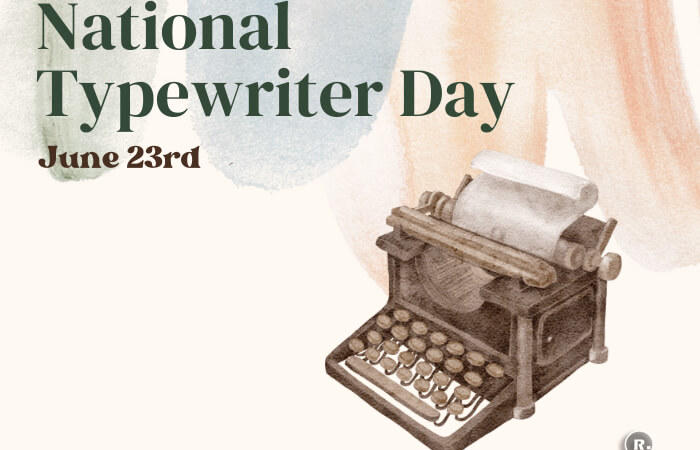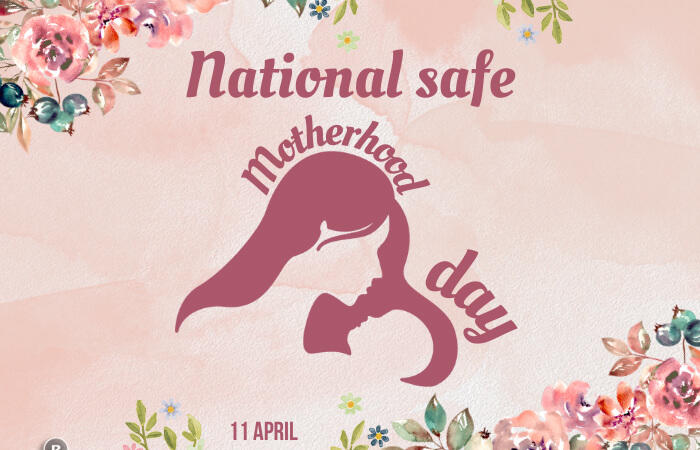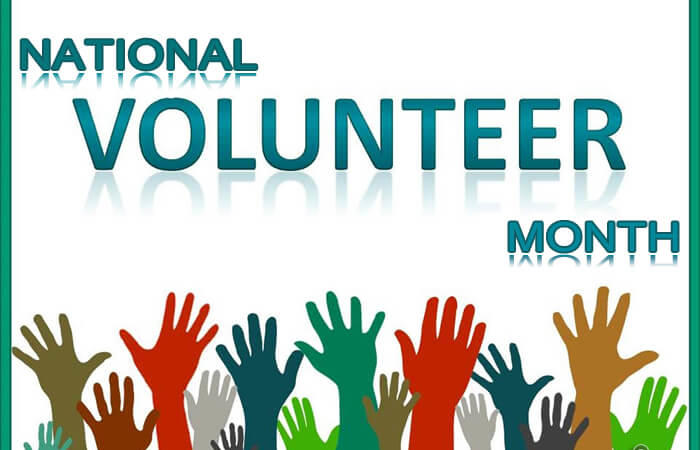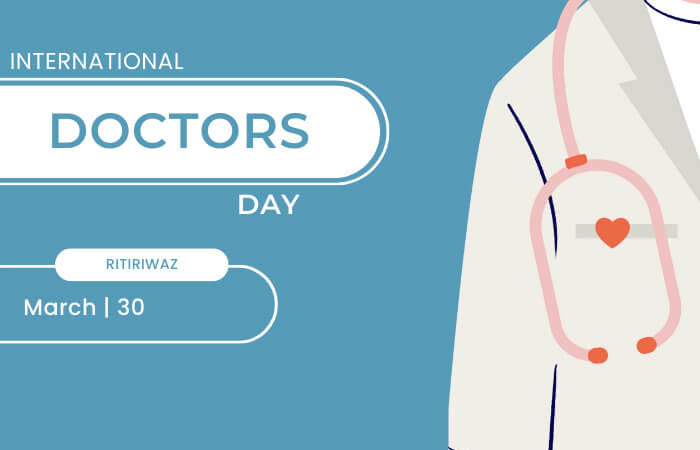International Day Of Sign Languages
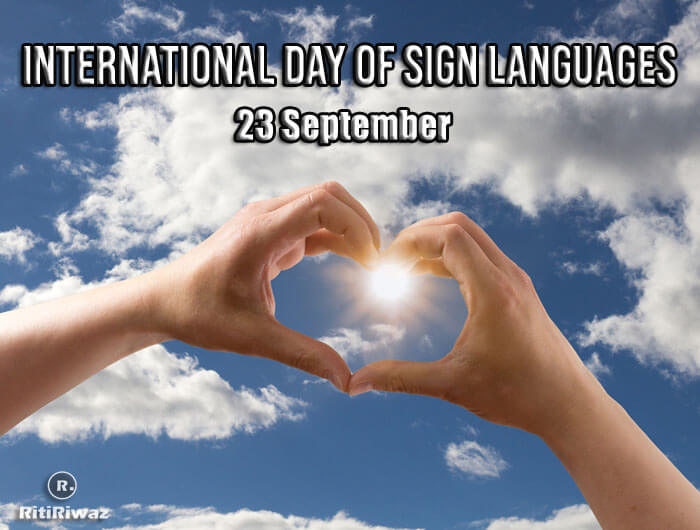
International day of sign Language is observed on 23 September to raise awareness of the importance of sign language together with the celebration of International Week of the Deaf. The International Week of the Deaf is observed annually across the world during the last full week of September.
September 23 is in itself a big date because it marks the day the World Federation of the Deaf was first established in 1951. This day is especially important because it presents the chance to ‘support and protect the linguistic identity and cultural diversity of all deaf people and other sign language users.’
The first International Day of Sign Language was celebrated in 2018 under the theme “With Sign Language, Everyone is Included!”. The theme for 2022 is “Building Inclusive Communities for All”.
Sign languages are recognized as fully-fledged natural languages with equal status to spoken languages by the UN’s Convention on the Rights of Persons with Disabilities, as well as the Africa Union’s Disability Protocol.
The Convention on the Rights of Persons with Disabilities acknowledges and encourages the use of signal language. It additionally recognizes that signal languages are equal in standing to spoken languages. Early entry to signal language, like high-quality schooling out there in the signal language is crucial to the expansion and growth of deaf people. According to the United Nations, “It recognizes the importance of preserving sign languages as a part of linguistic and cultural diversity.”
In 1958, the first launched International Week of the Deaf (IWDeaf) in Rome, Italy. IWDeaf is celebrated annually by the global Deaf Community on the last full week of September to commemorate the same month the first World Congress of the WFD was held. IWDeaf is celebrated through various activities by respective Deaf Communities worldwide.
The theme for International Week of the Deaf 2022 is “Building Inclusive Communities for All”.
These activities and events welcome the participation of all members of deaf communities, which include families of deaf people, professional and accredited sign language interpreters, peers, as well as the involvement of various stakeholders such as national governments, national and international human rights organizations, and Organisations of Persons with Disabilities.
Being deaf is not a disability but a power to talk with people without a voice. And we should appreciate them that they try hard to communicate.
Suggested Read: Important Days In September

